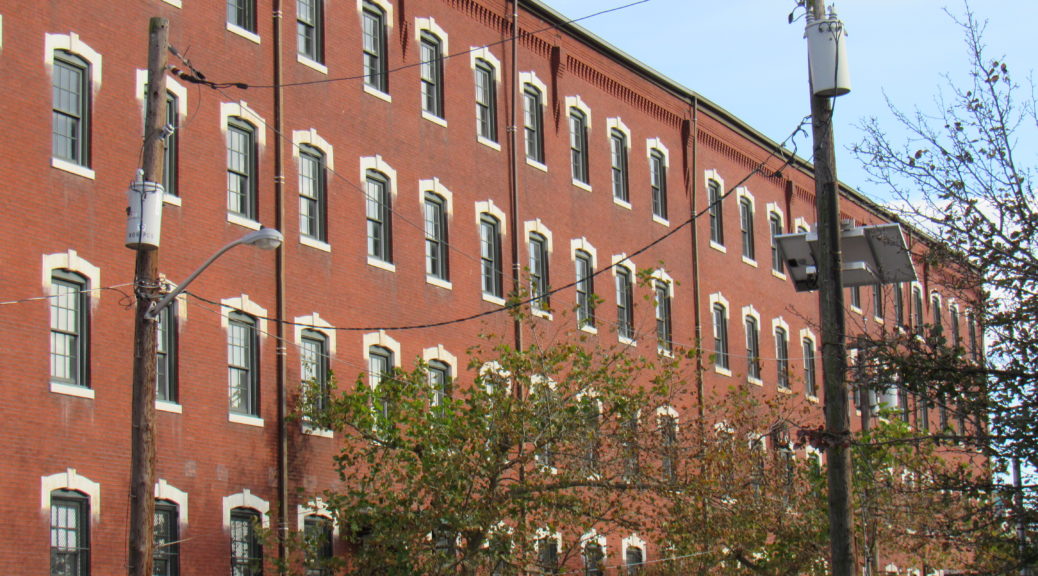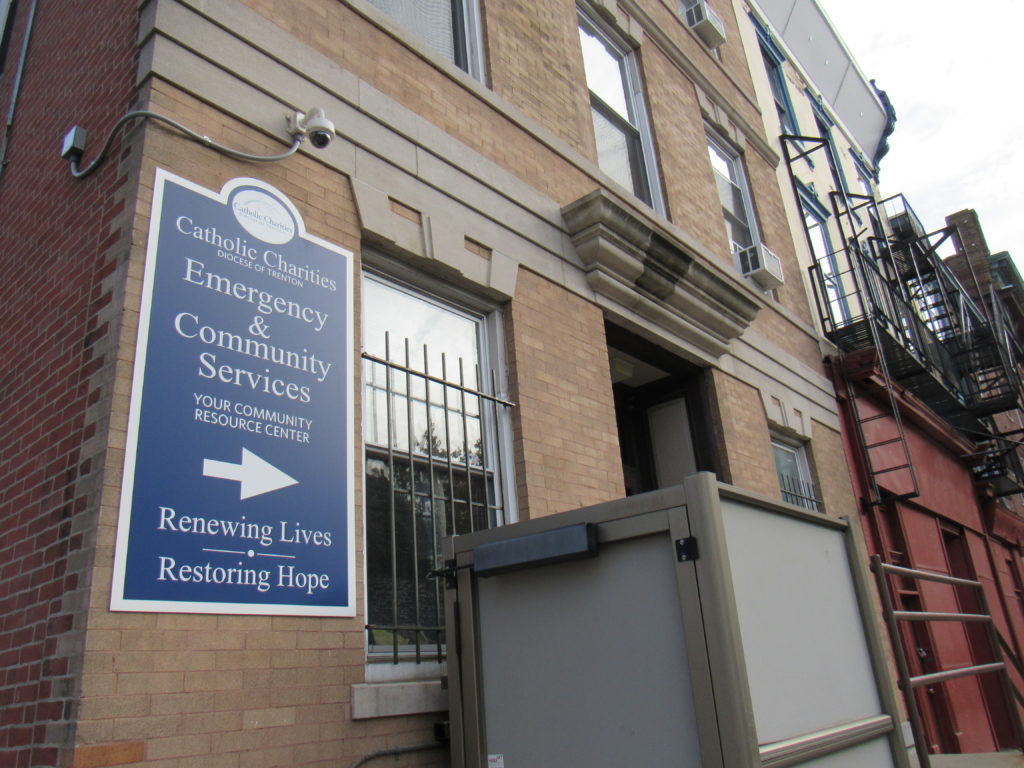By Tori Duym
The Trenton Health Team, one of several regional health hubs in the state dedicated to improving health and well-being, has developed the “Mercer County Free Food Finder,” an application created to address the increased need for food across the county.
In 2023, Trenton Health Team found that “74% of respondents in Trenton screened as food insecure.” Community Food Bank of New Jersey, which provides services to 15 counties, including Mercer County, saw a 26% increase in need for food assistance in 2024.
Based on these statistics and the growing need for food resources, a team of individuals developed the free food finder. Roosevelt Scaggs, Amir Touli and Liam Esparraguera, who are former Princeton University students in the computer science department, developed this app on behalf of the Trenton Health Team.
Princeton University’s advanced programming class approached the Trenton Health Team, offering to help with any projects they had in mind. This proved to be the optimal opportunity to get the app up and running.
The app is meant to provide resources for community members of all ages, and its mission is to improve health equity in the region. Staff at the Trenton Health Team maintain and update information on the app.
The app includes many advanced features, like an interactive map display, a searchable directory, filtering ability and more, even including accessibility of locations thanks to the Inclusive Healthy Communities grant. The grant was created by the Department of Human Services Division of Disability Services, and aims to support communities.
The application also includes translation support, as Google Translate has been embedded into the website for easy communication ability in many languages. This feature allows the website to reach more individuals, as language barriers may have prevented use of resources in the past.
According to the U.S. Census Bureau, “approximately 44.7% of residents aged 5 and over in Trenton, New Jersey, speak a language other than English at home,” so this translation feature gives nearly half the population clearer access to the application.
This idea was given not only by the community partners, but by individuals who rely on these resources, as their feedback is requested and integrated.
Matthew Broad, director of programs at the Trenton Health Team said that there is a large population of people who speak Spanish, Haitian Creole and Polish. “That was really important to us that the app was available in multiple languages,” he said.
This project began in 2020 amid the drastic lack of access to food during the COVID-19 pandemic, and has continued on ever since. The idea for the app was sparked by the Community Care Team, as people “found it challenging to find food because all of the pantries were changing their hours, they were closing, and a lot of that was based off of the fact that they usually rely on volunteers to run things,” Broad added.
Community partners are in constant communication with the Trenton Health Team. If you know of a free food location that is not yet listed, you may contact the organization for the location to be added to the directory. The free food finder is a comprehensive and accessible directory that has proven to be helpful and reliable during and after the pandemic, Broad said.
He explained that in surveys from the surrounding areas, it is clear that the “biggest barrier to accessing food resources is access to information. Folks don’t know what’s out there and what’s available to them, so Food Finder is one of our projects to help point them in the right direction.”
For questions, suggestions or updates, contact Broad at mbroad@trentonhealthteam.org, or call 609-256-4555.


